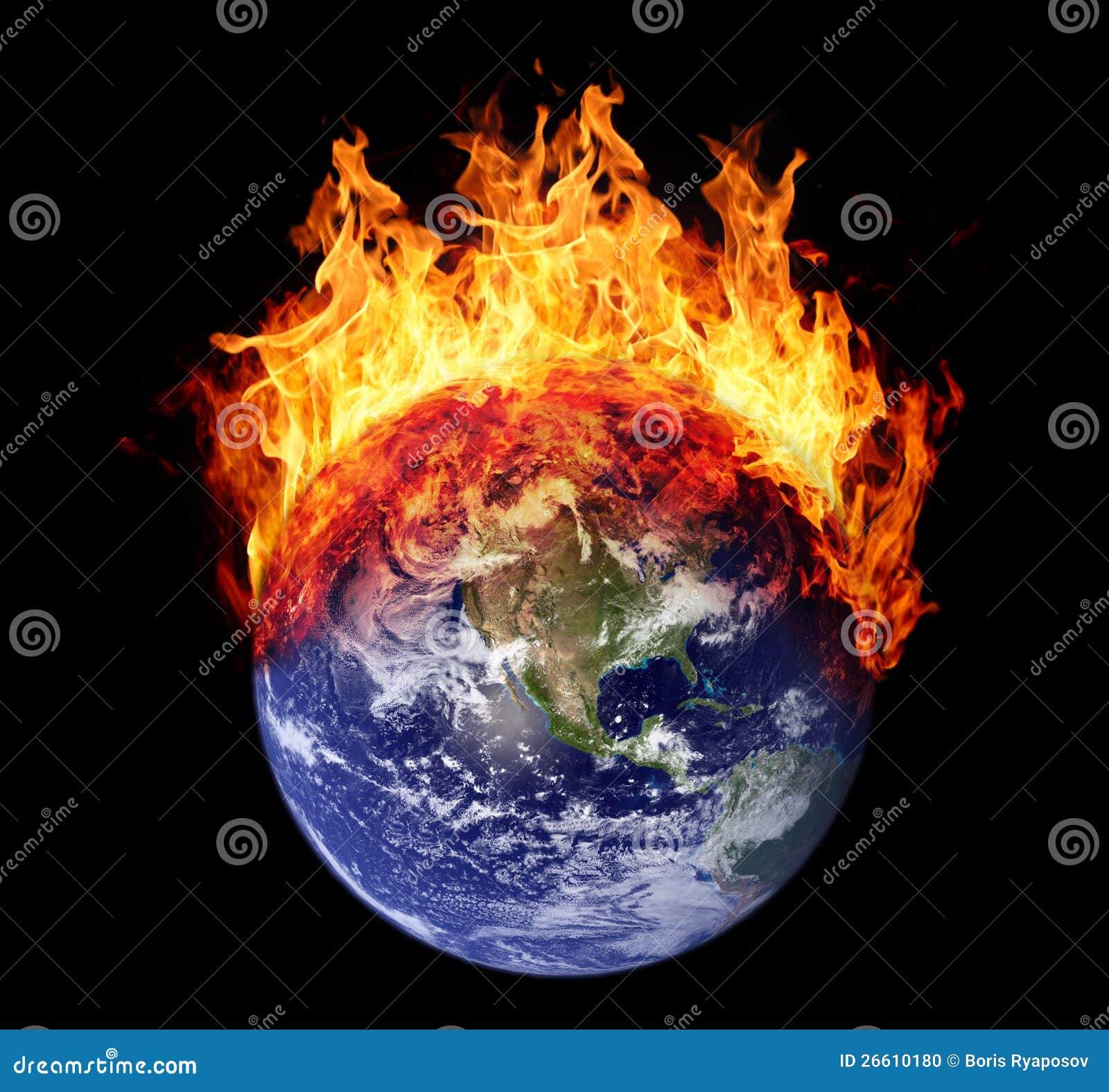Environment & Energy
Related: About this forumFrom 1979 To 2011, Arctic Became 8% Darker; Albedo Change Equals 1/4 Of Effect Of CO2
The Arctic isn't nearly as bright and white as it used to be because of more ice melting in the ocean, and that's turning out to be a global problem, a new study says.
With more dark, open water in the summer, less of the sun's heat is reflected back into space. So the entire Earth is absorbing more heat than expected, according to a study published Monday in the Proceedings of the National Academy of Sciences. That extra absorbed energy is so big that it measures about one-quarter of the entire heat-trapping effect of carbon dioxide, said the study's lead author, Ian Eisenman, a climate scientist at the Scripps Institution of Oceanography in California.
The Arctic grew 8 per cent darker between 1979 and 2011, Eisenman found, measuring how much sunlight is reflected back into space. "Basically, it means more warming," Eisenman said in an interview.
The North Pole region is an ocean that mostly is crusted at the top with ice that shrinks in the summer and grows back in the fall. At its peak melt in September, the ice has shrunk on average by nearly 90,600 square kilometres — an area bigger than New Brunswick and P.E.I. combined — per year since 1979.
EDIT
http://www.cbc.ca/news/technology/darker-arctic-boosting-global-warming-1.2540627?cmp=rss
longship
(40,416 posts)Another is arctic permafrost methane.
These things are not good.
stuntcat
(12,022 posts)not one who can understand all the feedback loops being started.
Is it the years I've spent reading about them that makes me understand it? I guess I'm brainwashed! Because I barely graduated highschool. Everyone else I know has degrees, careers, reads big books and all that. But not a single one of them understands what's happening. They all think I'm simple and crazy for bothering myself with it..
So THEY must be right!
I'm the one crazy and wrong. EVERYONE else I know is smarter, and correct to not bother themselves with this!
LouisvilleDem
(303 posts)The scary thing for me is I'm beginning to think that even the people who 'say' they understand it don't understand either. Nothing is turning out the way it was predicted to, and every year something happens that we didn't expect.
Bill USA
(6,436 posts)time to do something about it. THey think we can wait 20 years for hybrids and phevs to become possibly 16% to 26% of the fleet, which would get us about 8% to 13% reduction in GHG emissions for the light vehicle sector. ....yeah, right, we can wait 20 yrs for that much reduction.....
NickB79
(19,243 posts)I'm sure that won't affect current models of future warming AT ALL.
GliderGuider
(21,088 posts)I mean it literally. We're going away.